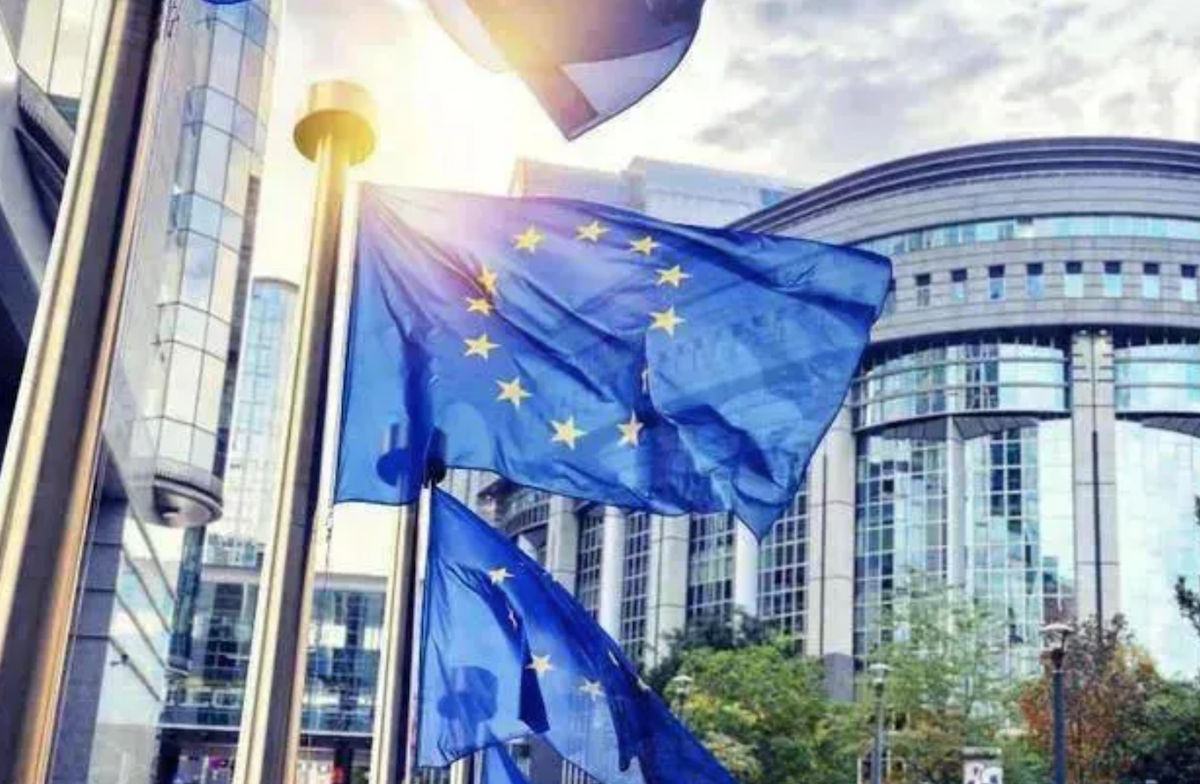Georgian Constitutional Court begins review of lawsuits challenging "foreign agents" law
Georgia’s ‘foreign agents’ law lawsuits
Today, the Georgian Constitutional Court will begin reviewing a lawsuit aimed at suspending and overturning the “Foreign Influence Transparency” law, also known as the “foreign agents” law.
According to the Constitutional Court’s statement, the plaintiffs argue that the controversial law, with its terminology and various repressive mechanisms, leads to the stigmatization of civil organizations and media. It hinders their activities, prevents them from achieving their goals, and ultimately delays or halts their operations.
Four lawsuits have been filed against the law, one of which has been submitted by president Salome Zourabichvili.
Details of the lawsuits
The first lawsuit, filed by the president, argues that various provisions of the law violate the right to personal development, the right to privacy, and the right to freedom of information. The lawsuit claims that the law, in its entirety, contradicts Georgia’s integration into European and Euro-Atlantic structures.
The second lawsuit has been filed by 122 non-governmental and media organizations. This lawsuit argues that various provisions of the law violate the right to freedom of information and media and contradict constitutional provisions regarding the formation of trade unions.
The third lawsuit has been submitted by 38 opposition lawmakers. They seek to challenge several articles of the law that they believe infringe upon the right to form trade unions. The lawmakers also argue that the law as a whole contradicts the constitutional principle of integration into European and Euro-Atlantic structures.
The fourth lawsuit has been filed by two media organizations—”Studio Monitor” and “Network of Information Centers”—which claim that various articles of the law violate the rights to equality, freedom of information and media, and the formation of associations.
Assessments and predictions
In a highly politicized judicial environment in Georgia, many are skeptical about the Constitutional Court’s potential ruling.
Nevertheless, some members of the public and opposition remain hopeful that the nine-judge panel will make a historic decision and suspend the “foreign agents” law.
“If the Constitutional Court does not fully suspend the law, it will cause irreparable harm to Georgian democracy. Any other decision would be akin to a ruling from the Constitutional Court of Russia,” said Tamar Kordzaia, a representative of the opposition party National Movement.
“This is an opportunity for the court and each judge to stand on the right side of history. Here, Russian legislation and the Georgian constitution are clashing,” said Ana Natsvlishvili, a leader of the Lelo party.
Representatives of the NGO sector are also preparing to file a lawsuit with the European Court of Human Rights.
“[The Constitutional] Court must take legal actions to facilitate Georgia’s integration into Europe,” said Aleko Tskitishvili, Executive Director of the Human Rights Center.
“Our lawsuit presents very clear arguments that the mentioned law contradicts the constitution. We have explicitly stated that we do not comply with this law and do not intend to register as ‘foreign agents.’ Our lawsuit also demonstrates that we act in accordance with the constitution and remain within the framework of constitutionally guaranteed rights,” noted Nona Kurdovanidze from the Georgian Young Lawyers Association.
However, some opposition members believe that filing lawsuits is pointless:
“It doesn’t matter what arguments are presented to the Constitutional Court. It is already clear that a court that unjustifiably declared the president a violator of the constitution cannot properly handle such lawsuits. By doing so, the Constitutional Court is merely being given legitimacy as if it is conducting a genuine constitutional-legal process, rather than something else,” said Iago Khvichia, leader of the Girchi party.
Context
Despite calls from international partners, on May 28, 2024, the Georgian Parliament overrode the president’s veto on the “foreign agents” law.
This law designates non-governmental and media organizations receiving foreign funding, primarily from the country’s strategic partners, as foreign agents.
The law came into effect on August 1, 2024. Most of the NGOs and media organizations operating in Georgia do not intend to register in the “foreign agents” registry.
Georgia’s ‘foreign agents’ law lawsuits



















